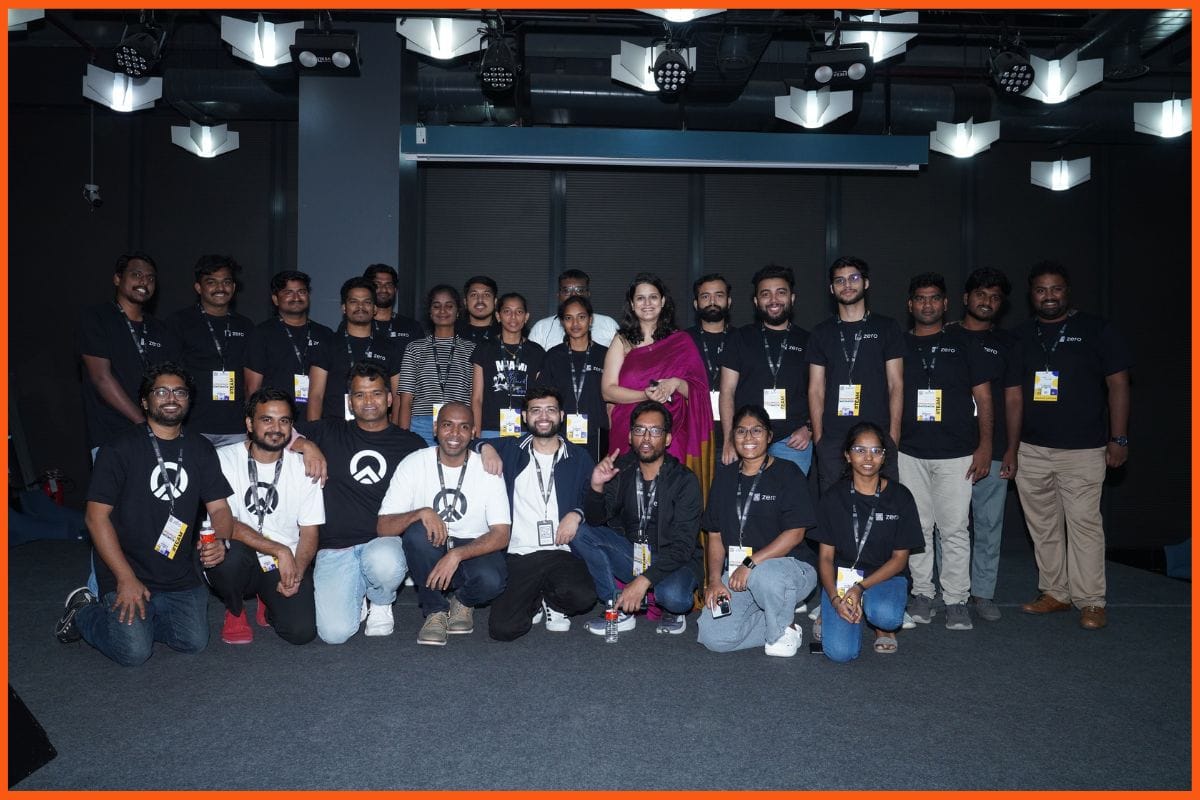The Samay Raina & Ranveer Allahbadia IGL Controversy: A Tale Of Comedy, Censorship, and Chaos
🔍Insights
The internet is ablaze, and for once, it’s not because of a viral dance trend or a celebrity breakup. The India’s Got Latent controversy involving Samay Raina and Ranveer Allahbadia has sparked a firestorm of debates, legal battles, and moral outrage. What started as a seemingly fun comedy show has snowballed into a full-blown cultural and legal crisis. Let’s unpack this drama, piece by piece, and understand why this controversy isn't your ticket to a viral moment. Instead, it’s a reflection of the tightrope walk between comedy, freedom of expression, and societal norms.
The Spark That Lit the Fire
The controversy erupted during an episode of India’s Got Latent, a YouTube comedy show hosted by Samay Raina. Ranveer Allahbadia, better known as BeerBiceps, posed a now-infamous question to a contestant: “Would you rather watch your parents have sex every day for the rest of your life, or join in once and stop it forever?” The question, intended as a dark humour punchline, backfired spectacularly.
The clip went viral, and the backlash was immediate. Social media users, politicians, and even the National Commission for Women (NCW) condemned the remark as vulgar, obscene, and deeply disrespectful. The outrage wasn’t confined to the joke itself but the platform it was delivered on – a show watched by millions, including young audiences.
The Fallout: Legal Battles and Public Outrage
The backlash wasn’t limited to online criticism. Multiple FIRs were filed against Ranveer Allahbadia, Samay Raina, and other panelists, including Ashish Chanchlani and Apoorva Makhija (The Rebel Kid). The complaints accused them of promoting obscenity and violating public decency. Assam Chief Minister Himanta Biswa Sarma even weighed in, stating that the remarks were “sexually explicit” and warranted legal action.
The Indian government stepped in, issuing a notice to YouTube to remove the controversial episode under Section 69A of the IT Act. YouTube complied, and the episode was taken down, but the damage was already done.
Ranveer Allahbadia issued a public apology, admitting that his comment was “inappropriate and not even funny.” He acknowledged that comedy wasn’t his forte and expressed regret for the hurt caused. Samay Raina, on the other hand, deleted all episodes of India’s Got Latent from his YouTube channel, stating that the backlash was “too much to handle”.
The Legal Drama: Supreme Court, Summons, and Stay Orders
The controversy took a legal turn when Ranveer Allahbadia approached the Supreme Court to consolidate multiple FIRs filed against him. Represented by Abhinav Chandrachud, son of former Chief Justice of India DY Chandrachud, Allahbadia sought protection from arrest and a stay on further FIRs. The Supreme Court granted interim relief, staying his arrest but barring him from hosting any shows until further notice.
Meanwhile, the National Commission for Women (NCW) summoned Allahbadia, Raina, and others for a hearing. However, many of the summoned individuals, including Raina and Apoorva Makhija, failed to appear, citing prior commitments and safety concerns. The hearings have been rescheduled for March.
The Broader Debate: Comedy vs. Censorship
This controversy has reignited the age-old debate about the limits of comedy and freedom of expression. Supporters argue that comedy should push boundaries and challenge societal norms. Rapper Raftaar, for instance, suggested that people often enjoy seeing successful individuals fail, hinting at the schadenfreude surrounding the controversy. On the other hand, critics argue that comedy should not come at the cost of decency and respect. Actor Rajpal Yadav condemned the remarks, stating that “making fun of relationships is not art but nonsense”. Filmmaker Boney Kapoor echoed similar sentiments, emphasising that freedom of speech doesn’t mean one can say anything without consequences.
The Human Cost: Death Threats and Mental Health
Amid the legal and public backlash, Ranveer Allahbadia revealed that he and his family have been receiving death threats. He shared that people have invaded his mother’s clinic, posing as patients, and expressed fear for his safety. Despite the pressure, he vowed to cooperate with authorities and face the consequences of his actions. This aspect of the controversy puts light on the darker side of internet culture, where public outrage often spirals into harassment and threats. It raises important questions about accountability and the disproportionate punishment meted out in the court of public opinion.
The Bigger Picture: What This Means for Content Creators?
The India’s Got Latent controversy is a cautionary tale for content creators. It showcases the need for sensitivity and responsibility, especially when dealing with topics that can offend or harm. At the same time, it uncovers the challenges of operating in a territory where the line between comedy and offense is increasingly blurred. For platforms like YouTube, this incident is a reminder of the need for better content moderation and clearer guidelines. The government’s intervention also raises questions about the role of state regulation in digital content.
A Wake-Up Call for Comedy and Society?
The Samay Raina and Ranveer Allahbadia controversy is a reflection of the complexities of modern comedy, the power of social media, and the underlying norms of Indian society. While the outrage is understandable, it’s also a reminder that comedy, at its best, should provoke thought, not provoke, solely. As the legal battles continue and the debates rage on, one thing is clear: this controversy is a wake-up call for creators, audiences, and regulators alike. It’s a moment to reflect on what we value, what we tolerate, and where we draw the line.
What are your thoughts? Is this a case of comedy gone too far, or is it an overreaction to a harmless joke?

Must have tools for startups - Recommended by StartupTalky
- Convert Visitors into Leads- SeizeLead
- Website Builder SquareSpace
- Run your business Smoothly Systeme.io
- Stock Images Shutterstock





